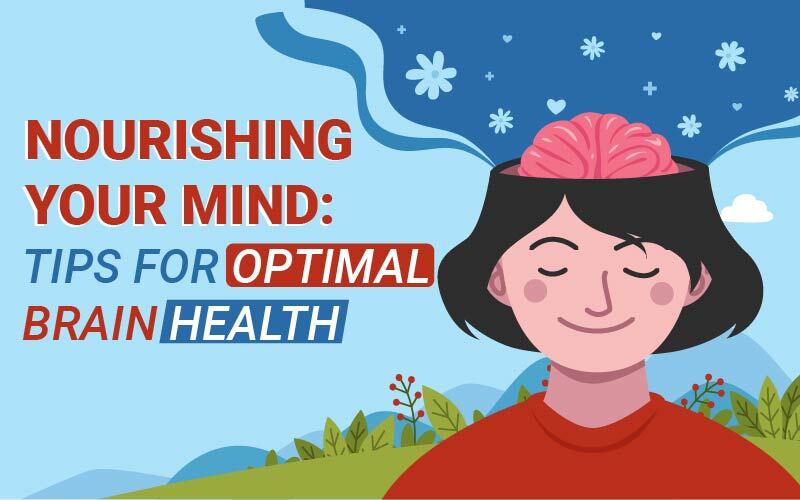1. Reduce your strain tiers with the aid of practicing mindfulness meditation
Although strain is a quickly adaptive response to a hazard, when it is continual it becomes maladaptive and might wreak havoc on the imperative worried system (CNS). Stress-discount and rest techniques are important for a healthy mind. A widely used rest-inducing technique is meditation. Mindfulness meditation has been proven to be especially effective. Studies have indicated that the amygdala, called our brain’s “combat or flight” middle and the seat of our frightened and traumatic emotions, decreases in brain mobile volume after mindfulness exercise. Select our Write For Us Health category to publish a blog on health.
Mindfulness meditation has been shown to help ease psychological stresses like anxiety, despair, and aches. Research is still parsing out the precise mechanisms, however, many agree that on a cognitive degree, mindfulness’s potential to cultivate interest in the cause, within the gift second, and non-judgmentally, facilitates lessening the strain elicited via past and/or destiny-orientated thinking.
2. Get your blood pumping thru exercise
Exercise is a life pressure, and there are numerous motives why it is a crucial part of primary brain hygiene. One purpose is that exercising sincerely increases serotonin tiers (maximum antidepressant consciousness at the production of serotonin). That’s just the tip of the iceberg though with regards to workout benefits, that’s why it’s far continually in my top three recommendations to clients who want to thrive cognitively as they age.
3. Use it, so you don’t lose it, by undertaking mental stimulation
Lifelong college students have the proper concept when it comes to staving off age-related brain decline. Continued getting to know virtually promotes mind fitness, and might create new neural connections. This sort of neuroplasticity is a handy protection against future cellular loss. So in essence, taking a stab at a crossword puzzle, or enrolling in a persevering education course can help build cognitive reserves. The largest bang for the mind is duties that are difficult, varied, and novel.
4. Nourish your body and brain with balanced nutrition
Our brain’s health is dependent on our many lifestyle selections that mediate gut health, which include most extensively weight-reduction plans i.e., reduction of extra sugar and delicate carbohydrates, and multiplied pre and probiotic intake. Poor intestine fitness, elicited using dysbiosis (a shift far away from “normal” gut microbiota variety), can also contribute to sickness and has been implicated in neurological and neuropsychiatric issues like a couple of sclerosis, autistic spectrum disorders, Parkinson’s disease, and even Alzheimer’s disorder. Further, there is now research that suggests that melancholy and anxiety are mediated by way of bad gut health.
5. Stay connected to yourself and others with the aid of socializing
Joining a community middle, or maybe a meet-up institution adventure is simply an investment in your destiny. Research continues to help the wonderful effect of social interaction on the brain. So an awful lot so, that research even passed thus far as indicating that social interplay is a key to fending off dementia. Even primary exchanges with people keep our brains inspired because they search for thoughts and a way to prepare them into suitable communication bytes. Also, let’s now not neglect that being a part of a social community often elicits wholesome behaviors, extensively joining a strolling institution, or conducting different organization workouts. So, keep your pals and circle of relatives close to help keep cognitive approaches.




